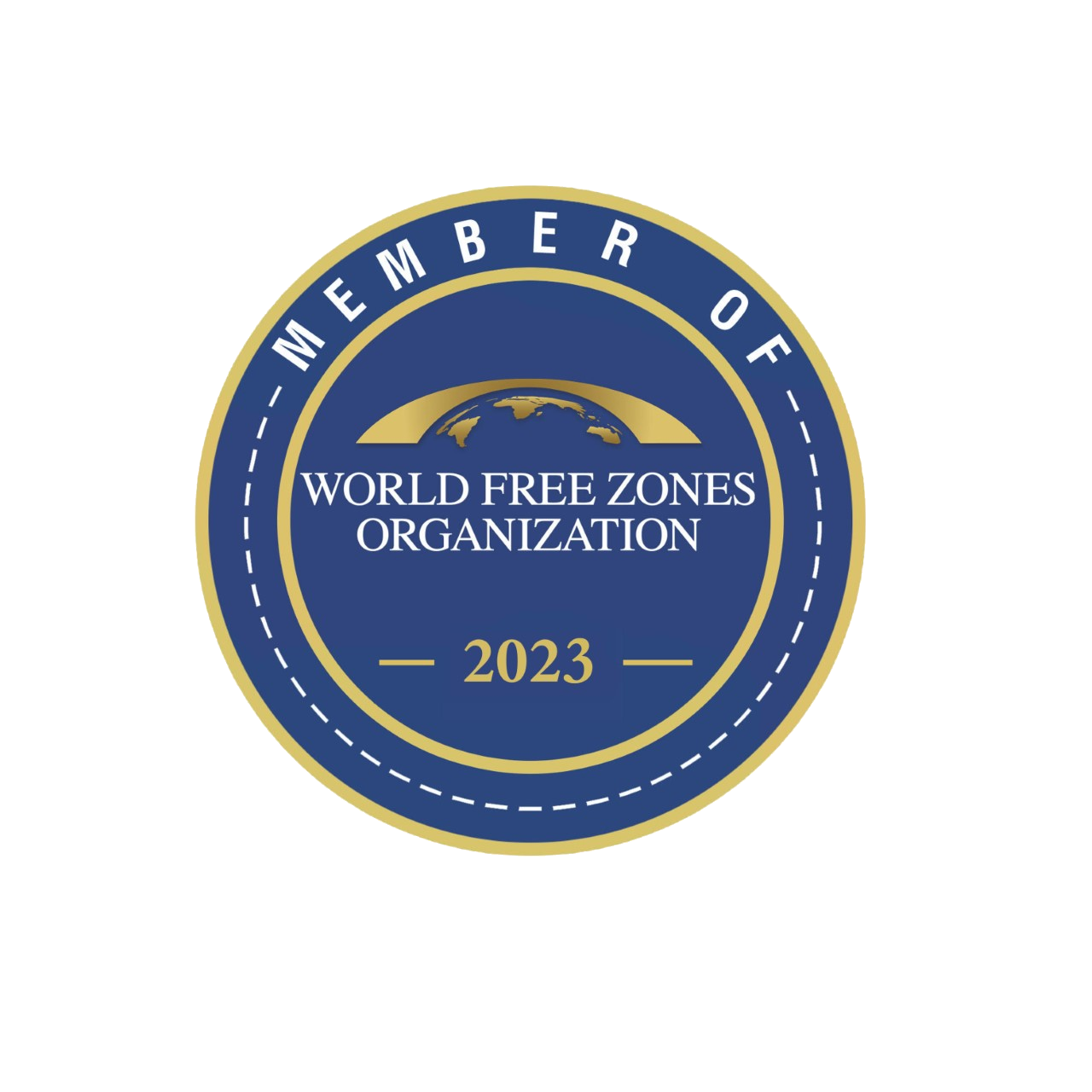Top 5 Challenges for the Global Halal Industry
The global halal industry, which refers to the production, distribution, and consumption of goods and services that are compliant with Islamic law, is a rapidly growing sector. According to the Global Islamic Economy Report, the halal industry is valued at over $2.3 trillion and is expected to continue expanding in the coming years.
However, despite its growth, the halal industry faces several challenges that must be addressed in order to continue its development. Here are some of the key challenges currently facing the global halal industry:
- Lack of standardization and certification: One of the major challenges facing the halal industry is the lack of standardization and certification. Different countries and organizations have different definitions of what constitutes halal, and there is no single internationally recognized certification body for halal products. This can lead to confusion and mistrust among consumers, as well as difficulties for producers trying to access new markets.
- Insufficient infrastructure: Another challenge facing the halal industry is the lack of infrastructure to support its growth. Many countries do not have the necessary infrastructure, such as slaughterhouses, processing plants, and distribution networks, to meet the demand for halal products. This can lead to shortages and higher prices for halal products, which can be a barrier to their adoption.
- Marketing and branding challenges: The halal industry also faces challenges related to marketing and branding. Many consumers are not familiar with halal products, and there is a lack of awareness and understanding of what constitutes halal. Additionally, the lack of a consistent, cohesive branding strategy makes it difficult for halal products to stand out in the marketplace.
- Limited access to financing: Another challenge facing the halal industry is limited access to financing. Many halal businesses, especially small and medium-sized enterprises, struggle to secure financing from traditional sources, such as banks and venture capital firms. This can make it difficult for them to scale up and expand their operations.
- Political and regulatory challenges: Finally, the halal industry can be subject to political and regulatory challenges, such as changes in government policies and trade regulations that can affect the availability and affordability of halal products.
In order to address these challenges and continue the growth of the global halal industry, it is important for industry stakeholders to work together to establish clear standards and certification processes, invest in infrastructure, develop effective marketing and branding strategies, provide access to financing, and advocate for supportive policies and regulations.





Leave a Reply
Want to join the discussion?Feel free to contribute!